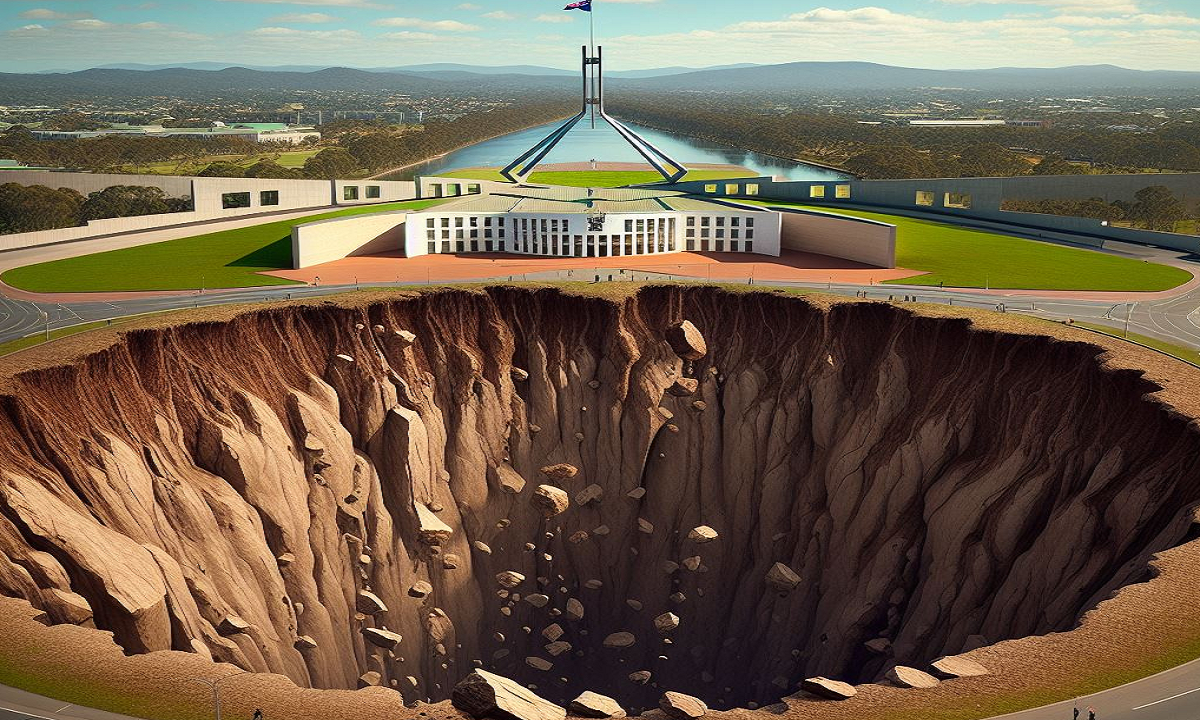

Australia's vast natural resources, including coal, gas, uranium, cobalt, nickel, copper, and lithium, position it as a potential economic powerhouse. According to an analysis by Leith van Onselen published on MacroBusiness on December 17, 2024, Australia has been the biggest beneficiary of global commodity prices over the last two decades, yet its policymakers have imposed restrictions on the use of domestic energy resources. This has led to artificial shortages and inflated costs, undermining the country's economic potential [f24b02d9].
Despite being the world's second-largest exporter of natural gas, Australia faces a domestic gas shortage due to the absence of a reservation policy. This situation contrasts sharply with countries like Norway, which taxes its oil and gas sector at around 80% and has established a sovereign wealth fund valued at approximately US$310,000 per resident. Similarly, Qatar, the third-largest gas exporter, has created a $500 billion sovereign wealth fund and provides free services to its residents, with the IMF estimating that Qatar's gas expansion will raise its GDP by 5.7% by 2027 [f24b02d9].
The analysis suggests that Australia could have mirrored these successes but has instead experienced rising energy costs and a dilution of its mineral wealth, exacerbated by mass immigration. As a result, tax revenues from the resource boom have stagnated, limiting the government's ability to invest in infrastructure and social services [f24b02d9].
In light of these challenges, the recent resilience of Australia's trade relationship with China, as noted in a separate analysis by David Uren in The Strategist, highlights the importance of strategic policy decisions. While Australia's exports to China have increased, particularly in iron ore and lithium, the country's reliance on this trading partner underscores the need for a more robust and diversified economic strategy [a8a252c1].
Overall, Australia's potential to become the world's wealthiest nation remains hampered by policy missteps and a failure to capitalize on its abundant natural resources, leaving it at a crossroads in its economic journey.